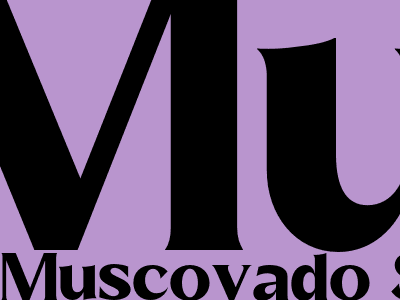Muscovado Sugar: A Comprehensive Guide to Its Origin, Production, and Sweet Taste
Uncovering the Origins of Muscovado Sugar
Muscovado sugar, also known as Barbados sugar, is a raw, unrefined cane sugar prized for its distinct molasses-like flavor and rich caramel notes. Its origins can be traced back to the 17th century on the tropical island of Barbados, where it was first produced by enslaved Africans.
The name "muscovado" is derived from the Spanish word "mascabado," meaning "unrefined." This sugar was traditionally made in small batches, and its production methods have remained largely unchanged over the centuries.
Understanding the Production Process of Muscovado Sugar
Muscovado sugar is made from the juice of sugar cane, which is harvested and crushed to extract the sweet liquid. The juice is then boiled and evaporated to concentrate it, forming crystals of sucrose. These crystals are then separated from the molasses, a thick, dark liquid.
Unlike refined white sugar, muscovado sugar retains much of its molasses content, giving it a darker color and a more complex flavor profile. The molasses also contributes to the sugar's higher nutritional value, as it contains essential minerals and vitamins.
Additional Information: Sustainability and Environmental Impact
The production of muscovado sugar is generally considered to be more sustainable than the refining process of white sugar. Small-scale, traditional methods often involve minimal chemical processing and reduce waste.
Additionally, muscovado sugar can contribute to the preservation of cultural heritage. In some regions, such as the Caribbean, its production is linked to local traditions and plays a vital role in supporting local economies.
Exploring the Flavor Profile and Uses of Muscovado Sugar
Muscovado sugar has a unique flavor that is described as rich, caramel-like, and slightly molasses-like. It is often used in baking and desserts to add depth and complexity to the taste experience.
This sugar is particularly well-suited for use in gingerbread, cookies, and cakes. Its distinct flavor and moist texture contribute to a satisfying and indulgent treat.
Quick Facts: Nutritional Value and Health Benefits
- Muscovado sugar contains essential minerals such as calcium, potassium, and iron.
- It is a good source of antioxidants, which can help protect the body against damage from free radicals.
- Due to its higher molasses content, muscovado sugar has a lower glycemic index than white sugar, meaning it may not cause blood sugar levels to spike as quickly.
Conclusion: Embracing the Sweetness and Heritage of Muscovado Sugar
Muscovado sugar is a unique and flavorful ingredient that adds a touch of history and culture to culinary creations. Its molasses-rich flavor and potential health benefits make it a worthy alternative to refined white sugar.
Whether you are a home baker or a professional chef, experimenting with muscovado sugar is sure to enhance the taste and depth of your culinary creations.

Comments